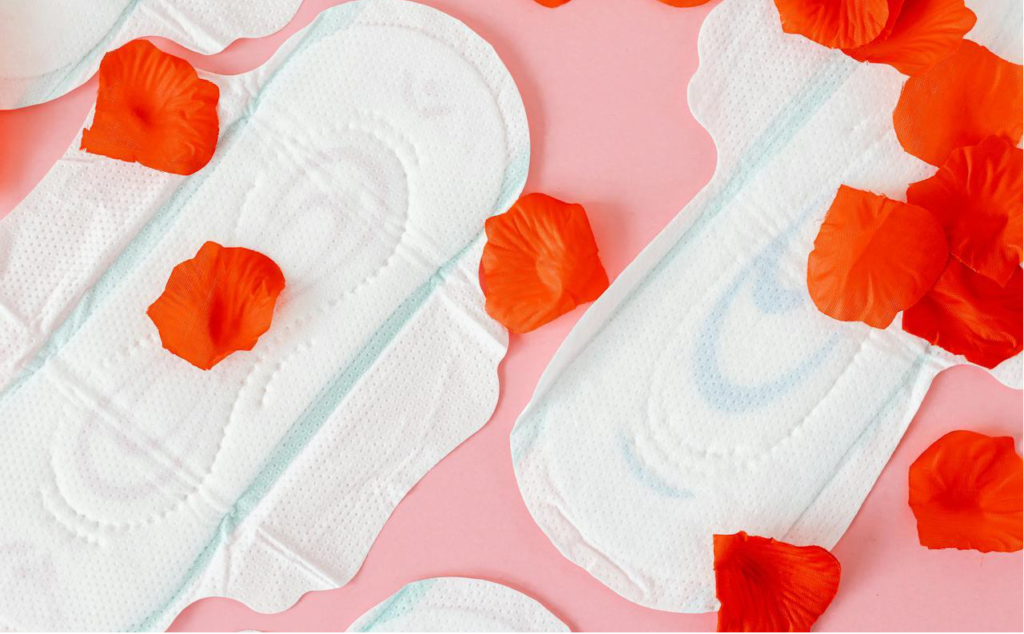Menstruation is viewed by millions of people worldwide as a taboo subject. Most people go as far as relating it to filth. Periods are stigmatized as impure by conservative viewpoints, gender discrimination, cultural views, and patriarchal values.
Of course, the truth is often twisted to suit gender bias.
However, discrimination persists because of a lack of access to menstrual health education, facilities, and health supplies.
Thankfully, menstrual empowerment can be achieved by establishing a culture so that the way society views periods can be reinterpreted.
Importance of Menstrual Health Education
Health and Well-Being
The general health and well-being of menstruating women are closely related to their menstrual health. Proper education on menstrual hygiene techniques can help avoid infections and other health issues. Additionally, studying the menstrual cycle can facilitate awareness of typical patterns and early detection of potential health problems.
Gender Equality and Education
Gender inequality may be exacerbated by a lack of knowledge about menstruation health. Menstruation is stigmatized in many cultures, which causes shame and social exclusion. Many girls miss school during their periods due to a lack of access to menstruation products and inadequate sanitation facilities. The stigma around periods can have an impact on girls’ education. Improving educational performance and lowering absenteeism can be achieved by ensuring that menstruators have access to the information and tools they need.
Empowerment
People who are educated about menstruation gain confidence in themselves by learning about their own bodies. This information can lessen stigma, dispel myths and prejudices, and foster confidence and a sense of independence.
Strategies for Navigating Cultural Sensitivities
Community Engagement and Participation
Engaging with the community is essential to understand their specific beliefs, practices, and needs. Involving community leaders, educators, and parents in the planning and implementation of menstrual health education can help ensure that the content is culturally relevant and accepted. This participatory approach can also help build trust and buy-in from the community.
Get the Conversation Going – Involving Men
We have the ability to normalize discussions around menstrual health, and not just among women. Include the men as well.
Communication has the capacity to either abolish or create taboos and discrimination. Menstruation is a taboo subject, and as a result, many young people who experience it are unaware of how to manage their monthly cycle.
Everyone needs to discuss menstruation, including how it feels and how frequently it occurs. Let’s talk about the various menstruation products available and when and how to use them. Discuss how frequently we get our periods and the symptoms that precede them.
Feminine Hygiene Products Donations – Make Sanitary Napkins Accessible in Public Places
Sadly, not all women who menstruate have access to support or even know that it exists. For this reason, it’s important to provide free menstrual health items in a location that is widely visible and accessible. Thankfully, with menstrual hygiene awareness campaigns, we can assist menstruators everywhere about period poverty.
In many nations, public restrooms are the typical location for giving out free condoms. They are also ideal for giving out free menstruation items. Since having access to restrooms and sanitary facilities is essential, it promotes good hygiene during menstruation.
Navigating cultural sensitivities in menstrual health education is complex but essential for empowering women. By understanding and respecting cultural beliefs and practices, and adapting educational strategies, we can break down taboos and create a more supportive environment for discussing and managing menstruation.
Imagine not having access to something as basic as sanitary napkins. Let’s change that together! Join Utpat Foundation in supporting women and girls who deserve access to safe and hygienic menstrual products.

